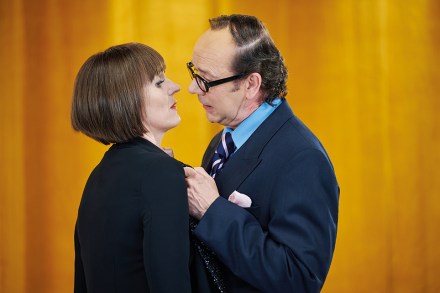Is Matthew Parris the modern Plutarch? Radio 4’s Great Lives reviewed
Whenever I listen to Great Lives on Radio 4, which is often, I am reminded of the gulf between fame and achievement. How is it that some people do so much, yet remain obscure, while others seem to be carried forward with perpetual momentum after doing just one thing? A good many of the lives dissected on the programme over the years have been completely unfamiliar to me. I’ll spend the half hour puzzling over why they are not better known. Where would we be without Great Lives? There is minimal appetite in trade publishing for books about esoteric figures. And just imagine pitching a biopic of Hertha Ayrton, Eleonora





















